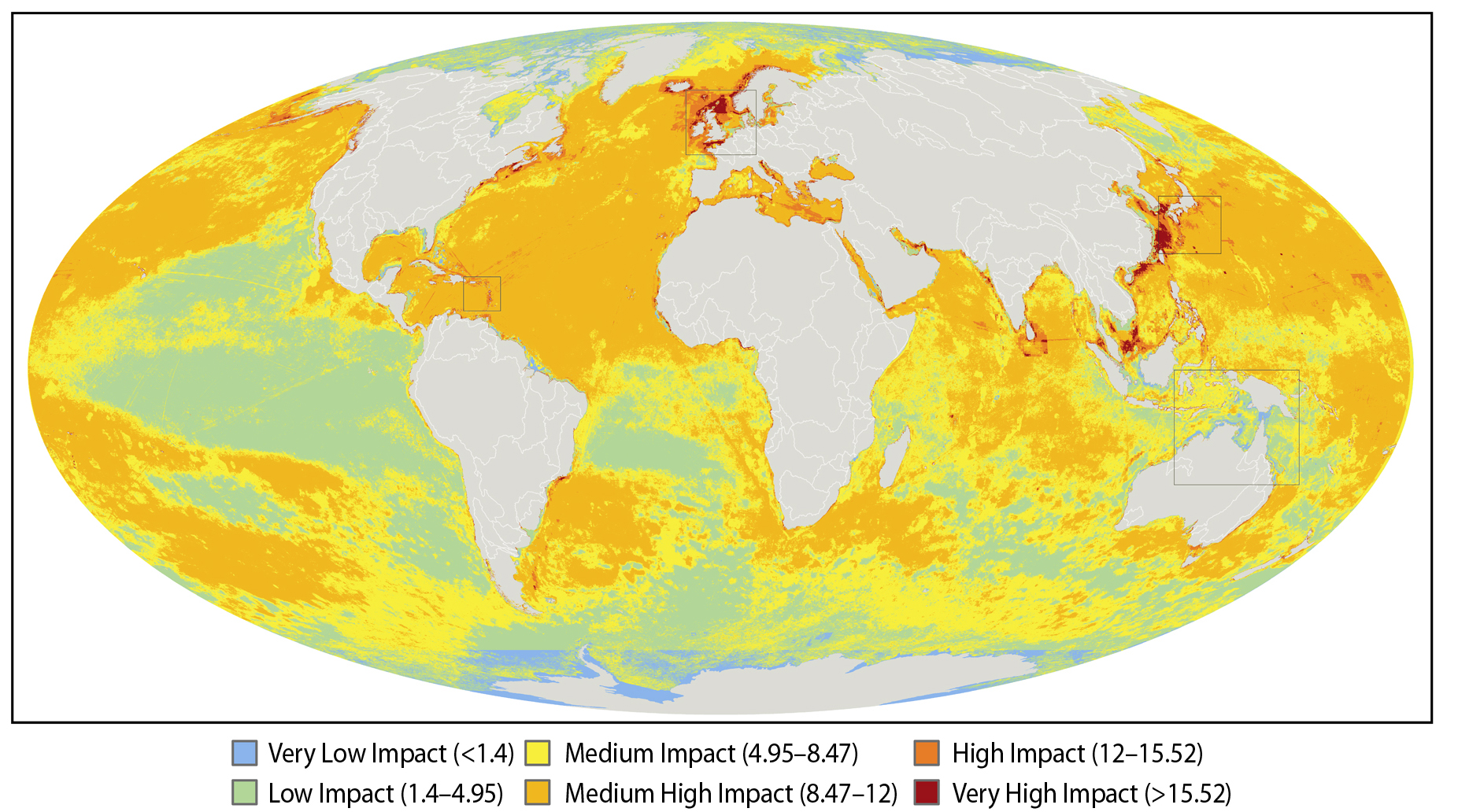Blog
News, updates, finds, stories, and tidbits from staff and community members at KAHEA. Got something to share? Email us at: kahea-alliance@hawaii.rr.com.
- In 1994, elevated sea temperatures killed over 90% of the living corals of American Samoa from the intertidal zone to a depth of 10 meters and fishing catches declined drastically in the wake of the coral death.
- Climate Change will shift rainfall patterns causing prolonged droughts in some regions. Each El Niño event has resulted in water shortages and drought in Papua New Guinea, Marshall Islands, Federated States of Micronesia, American Samoa, Samoa, Tonga, Kiribati and Fiji. More frequent El Niño events also bring an increased risk of tropical cyclones, particularly for Tuvalu, Samoa, Tonga, Cook Islands and French Polynesia.
- The potential socio-economic impacts of climate change on the smaller Pacific island countries were estimated in a series of vulnerability studies. Depending on the worst case scenario (one metre sea level rise), the studies suggest that sea level rise will have negative impacts on tourism, freshwater availability and quality, aquaculture, agriculture, human settlements, financial services and human health. Storm surges are likely to have a harmful impact on low-lying islands.
killing the canary
From Marti:
I was listening to this on the radio, and the topic of climate change and ocean resources got me thinking.
Effects being felt by islands in the Pacific are often mentioned in the discussion about the health of our oceans as “early indicators” of the affects of climate change. Bleaching and disease in fragile coral reefs supporting marine ecosystems caused by temperture changes. Sea level rise forcing relocations of island residents. Ocean acidification with unknown consequences. Climate change leaves these islands less able to fend off effects of catastrophic storm events by degrading protective reefs. They decimate an important ocean food resources, depriving islands of their ability to maintain food independence.
Instead of clamoring to make change, and make restitution to these people and places, the continents are instead holding up Pacific islands as”canaries in the mine shaft”–harbingers of things to come for other presumably more important places like the continental U.S. or Europe.
The widely publicized NCEAS map of human impacts to the world’s oceans splits the entire Pacific region, and Hawai`i is not shown at all. (To their credit, Hawaii is there–and can be viewed in the KML version of the map, viewable in GoogleEarth.)
As a lifelong resident of one of these “canaries,” I am extremely concerned that the rapid rise in sea level and sea temperature will mean the loss of our islands – our homes, our communities and our way of life. It is likely, if not inevitable, that the hundreds of unique indigenous cultures in the Pacific–which have existed and developed over millenia–will not be able to adapt to catastrophic environmental changes occuring over the space of 50 to 100 years.
What is most frustrating is these catastrophic changes are the product of unsustainable lifestyels and practices of industrialized nations like the U.S. and Europe, not the Pacific, where the impact isbeing the most directly experienced. This occurs in the context of the well-documented legacy of post-contact 19th and 20th century Pacific imperialsm–in which world powers fought for ownership and dominance of Pacific Islands with little or no concern for the people of these places. The effects of this legacy are still keenly felt throughout Oceania.
From the Ministerial Conference on Environment and Development in Asia and the Pacific 2000:
Their report concludes:
“The options for the Pacific islands, other than continuing to berate the industrial nations on their lack of concerted action, include migration, foreshore stablilisation, resettlement and decentralisation to adapt to the impacts of climate and sea-level changes.”
While global climate change is indeed, a global problem, it is a problem with consequences unequally shared.
Add your voice! Friends of the Earth has launched a Climate Equity Campaign, urging action to assist those most impacted by climate change. Check it out here.






